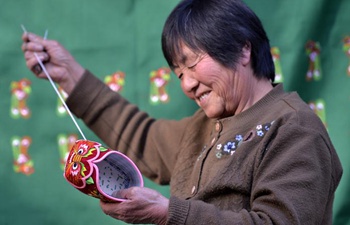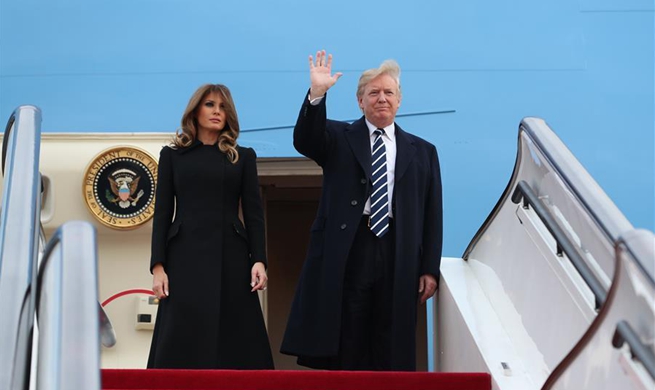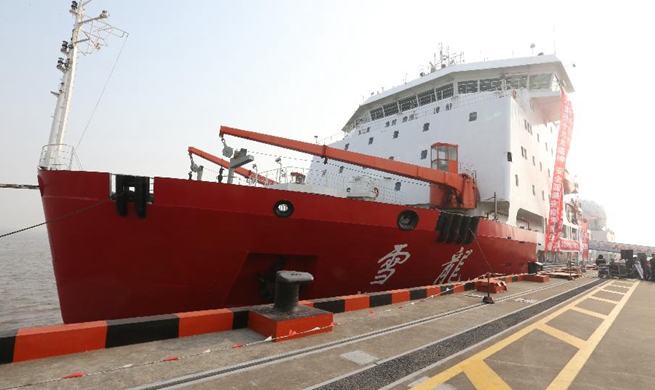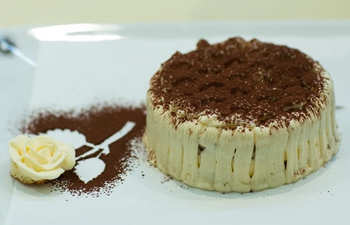LONDON, Nov. 8 (Xinhua) -- Three universities have been awarded funding of more than 700,000 U.S. dollars to study the impact of spaceflight on the human body, the UK Space Agency announced Wednesday.
The agency said the research will enhance Britain's capabilities in space exploration and support areas that can lead to the development of new technologies.
The funding, from the agency's Microgravity Science Program, will help scientists with upcoming experiments in European Space Agency microgravity facilities, including the International Space Station and parabolic flights that simulate the effects of gravity.
Libby Jackson, Human Spaceflight and Microgravity Program Manager at the agency, said: "These exciting experiments will further our understanding of how the human body copes with the challenging environment of living and working in space, which in turn will help humans to carry out more research in space."
The biggest of the three projects, to be carried out by Professor Nick Caplan and a team from the University of Northumbria, is aimed at developing countermeasures for long duration human habitation of the Moon and Mars.
Astronauts working in partial gravity conditions, such as on the Moon and Mars, face an increased risk of spinal injury and reduced operational effectiveness, risking mission failure.
Caplan and his team are to work on mitigating injury risk and how their condition can be preserved by artificial gravity exposure or recovered through exercise programs.
The University of Southampton is to study the effects of muscle tone in space. The university's Professor Maria Stokes, is part of an international team behind a major experiment, led by Professor Dieter Blottner, of the Charite Universitatsmedizin Berlin, which will take place on the International Space Station (ISS).
More muscle experiments will be the focus of a project led by Professor Nate Szewczyk of the University of Nottingham. It will build on experiments with earth worms to develop gene and drug therapies on the ISS to help maintain muscle strength on missions to Mars.

















